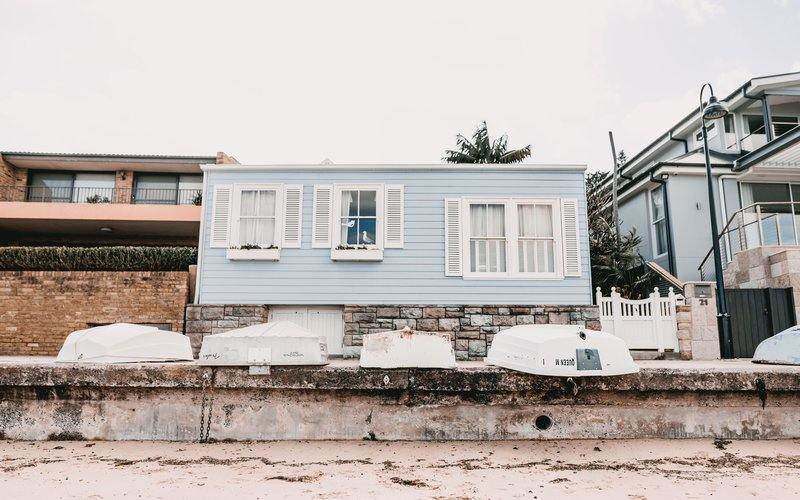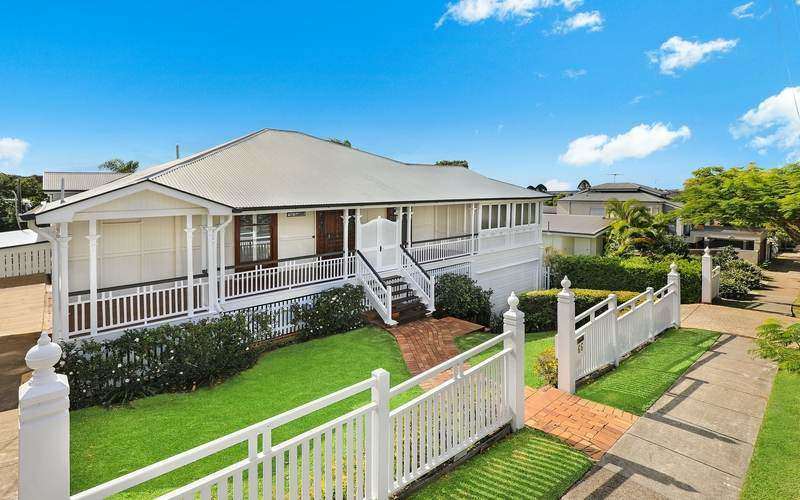Between floods, bushfires and COVID-19, most residential property owners have probably seen their rental income reduced in some way.
The Australian Tax Office (ATO) said it recognised the tough period rental owners had gone through and has revealed what they need to know at tax time.
ATO Assistant Commissioner Karen Foat said whatever the circumstances, the most important first step was to keep records of all expenses.
“Without good records, you will find it difficult to declare all your rental-related income in your tax return and work out what expenses you can claim as deductions," Ms Foat said.
Reduced rental income
As a result of the pandemic, the Federal and State Governments have asked landlords and renters to come to an agreement on rental payments if the renter has experienced financial hardship.
Many tenants have received rent reductions, deferrals or waivers to get through this period.
The ATO said you should include rent as income at the time it is paid, so you only need to declare the rent you have received as income.
If payments by your tenants are deferred until the next financial year you do not need to include these payments until you receive them.
While rental income may be reduced, owners will continue to incur normal expenses on their rental property and will still be able to claim these expenses in their tax return as long as the reduced rent charged is determined at arms’ length, having regard to the current market conditions.
This applies whether the reduction in rent was initiated by the tenants or the owner.
Some owners may have rental insurance that covers a loss of income and the ATO said any payouts from these types of policies are assessable income and must be included in tax returns.
Many banks have moved to defer loan repayments for stressed mortgagees.
In these circumstances, rental property owners are still able to claim interest being charged on the loan as a deduction- even if the bank defers the repayments.
Short-term rentals
Bushfires and the pandemic have seen the use of Airbnbs and other short-term rentals plummet.
The ATO said if these factors had adversely affected demand, deductions were still available provided the property was still genuinely available for rent.
If owners decided to use the property for private purposes, offered the property to family or friends for free, offered the property to others in need or stopped renting the property out they cannot claim deductions in respect of those periods.
“Generally speaking, if your plans to rent a property in 2020 were the same as those for 2019, but were disrupted by COVID-19 or bushfires, you will still be able to claim the same proportion of expenses you would have been entitled to claim previously,” Ms Foat said.
Deductions for vacant land no longer available
The ATO said for the 2020 year, expenses for holding vacant land are no longer deductible for individuals intending to build a rental property on that land but the property is not yet built.
This also applies to land for which you may have been claiming expenses in previous years.
However, this does not apply to land that is used in a business, or if there has been an exceptional circumstance like a fire or flood leading to the land being vacant.
So, if you are building a rental property, you cannot claim the deductions for the costs of holding the land, such as interest.
However, if your rental property was destroyed in the bushfires and you are currently rebuilding, you can claim the costs of holding your now vacant land for up to 3 years whilst you rebuild your rental property.
Common mistakes rental owners make
Travel to rental properties
"Last year, we also saw a number of taxpayers make simple mistakes such as claiming deductions for travel to inspect their rental properties,” Ms Foat said.
Residential property owners can't claim any deductions for costs incurred in travelling to a residential rental property unless they are in the rare situation of being in the business of letting rental properties.
Incorrectly claiming loan interest
Taxpayers that take out a loan to purchase a rental property can claim interest (or a portion of the interest) as a tax deduction.
However, directing some of the loan money to personal use, such as paying for living expenses, buying a boat, or going on a holiday is not deductible use.
Capital works and repairs
“Each year, some taxpayers claim capital works as a lump sum rather than spreading the cost over a number of years. Others claim the initial work needed to get a property ready for rent immediately instead of spreading the cost over a number of years,” Ms Foat said.
Repairs or maintenance to restore something that’s broken, damaged or deteriorating in a property you already rent out are deductible immediately.
Improvements or renovations are categorised as capital works and are deductible over a number of years.
Initial repairs for damage that existed when the property was purchased can’t be claimed as an immediate deduction but may be claimed over a number of years as a capital works deduction.
Poor record-keeping
The number one cause of the ATO disallowing a claim is taxpayers being unable to produce receipts or other documents to support a claim. Furnishing fraudulent or doctored records will attract higher penalties and may also result in prosecution.

Ready, Set, Buy!
Learn everything you need to know about buying property – from choosing the right property and home loan, to the purchasing process, tips to save money and more!
With bonus Q&A sheet and Crossword!



 Denise Raward
Denise Raward
 Harry O'Sullivan
Harry O'Sullivan


 Rachel Horan
Rachel Horan

